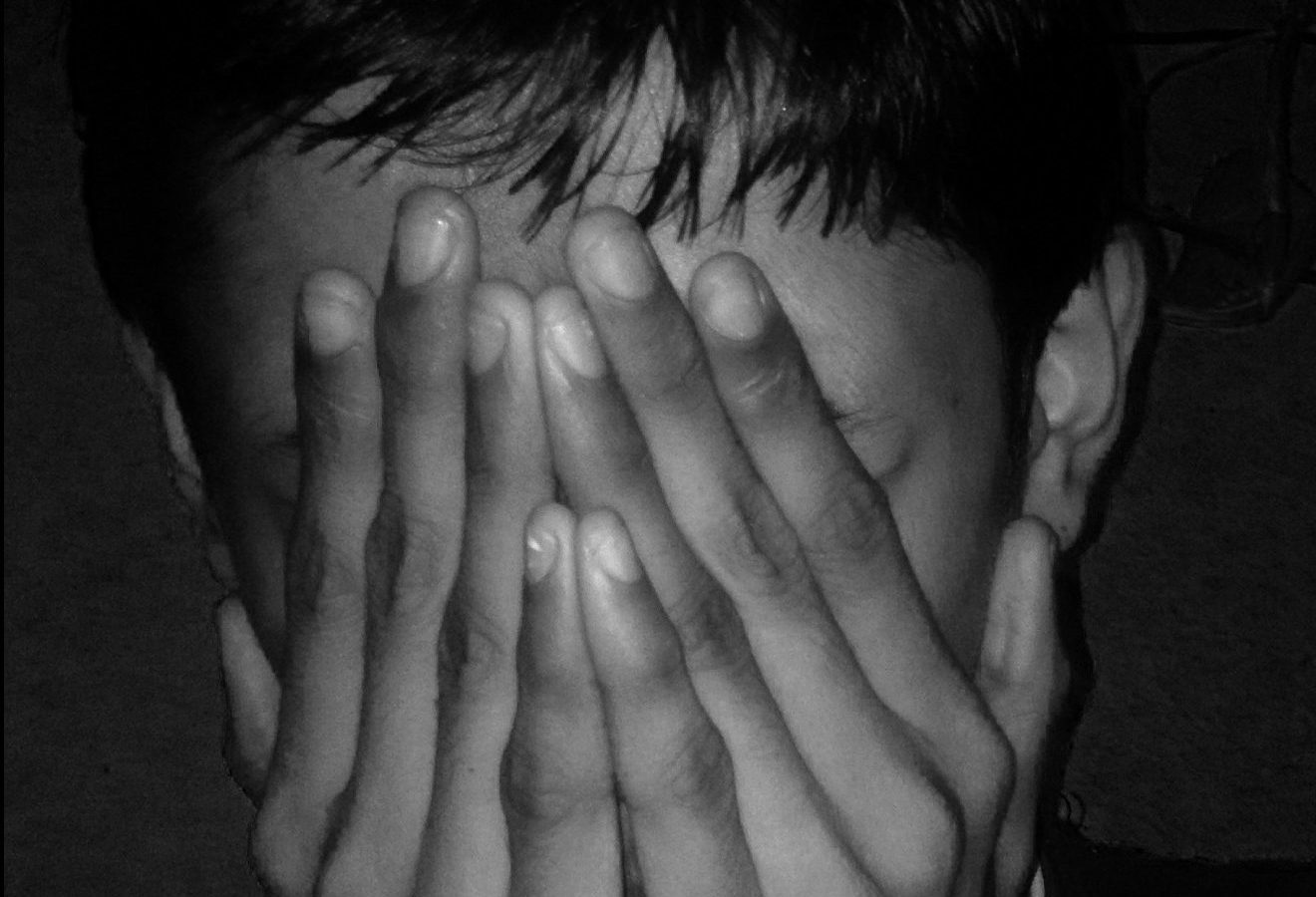A discoloured patch on Maitri Shah’s face marked the beginning of her long struggle with self-esteem and the public perception of beauty.
“It is unsettling to watch your face change right before your eyes,” says the young woman who was diagnosed with vitiligo in her early twenties.
But what was worse were the stares from strangers on the streets who had no idea that they were being rude or making Maitri self-conscious and uncomfortable with questions like:
“What happened to your face?”
“Were you in an accident?”
“Did you get burned?”
Vitiligo is a skin condition that destroys melanocytes (the cells responsible for pigmentation) and leads to discoloured patches on the face and body. It is known to affect a small percentage of people of all ages across the world.
As the discolouration on her face started spreading, the only thing Maitri desperately wanted was to look “normal” again.
“But of course, the one thing I couldn’t control was how I looked. And surprisingly, vitiligo became the very thing that changed my outlook about what really matters to me and what doesn’t.”
A long but productive personal journey
As she helplessly watched her skin change colour, Maitri realised that the only thing she could control was her response to this difficult time in her life.
“I started asking myself some very hard questions:
What makes a person truly beautiful?
Is my self-worth dependent on my looks?
If I value my body so much, shouldn’t I take better care of it?”
These weren’t questions Maitri could answer overnight. But the more she analysed her situation and the associated feelings of vulnerability and desperation, the answers started revealing themselves.
“Vitiligo was the turning point in my life that helped me realise that I couldn’t continue to keep living the way I was. So, I decided to rebuild my life from scratch.”
Emotional and physical benefits of healthy living
Maitri overhauled her diet by turning vegan and completely cutting out meat, gluten and dairy. These days she also follows an alkaline diet that addresses vitiligo-specific vitamin and mineral deficiencies.
“I lead an active life and work out regularly. I feel and look great, and no longer have the time to ponder over pointless or self-defeating questions like, ‘Why me?’ or ‘What if…?’
Also, all worries about my weight have now been eliminated—because of my lifestyle change I have lost nearly 30 kg. So, no more feeling guilty or bloated from eating processed, greasy or unhealthy food.”
Rediscovering the power of positive human connection
When Maitri finally let go of her self-consciousness and the fear of being judged for her changing looks, she started talking about her condition and was surprised at the outpouring of support from family and friends.
She also took the stares and prying questions in her stride and started engaging with curious strangers who asked her about her condition. Soon she realised that most of them meant well and were just ignorant about vitiligo. “So, I made it kind of my mission to spread awareness in whatever small way I could.
These days I happily chat away with anyone who shows even the slightest interest in my skin condition. I’d be glad if I can inspire even one person to live a life free from shame or self-doubt.”
At one time vitiligo was the source of great unhappiness for Maitri, but she allowed her pain and desperation to transform her into someone new. Her skin condition compelled her to rethink not only her lifestyle but also her values.
Through vitiligo she found the courage to change her life for the better.
Want to share your story of how you thrive? Write to us at [email protected]
More on Thrive Global India:
Five Ways to Be the Best Version of Yourself
Why I Don’t Make New Year Resolutions Anymore
5 Ways to Overcome Shyness and Dread of Public Speaking
Five Things I Wish Someone Had Told Me As I Was Embarking on a New Career


